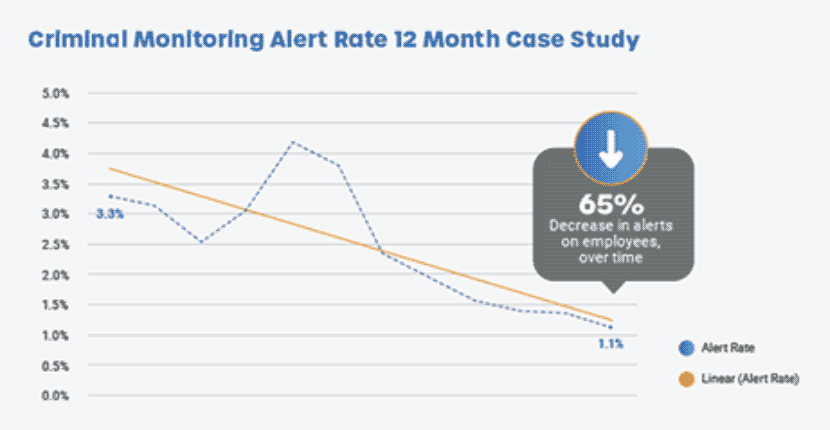BY JESS LEDONNE AND JENNIFER REDMOND
In early August, the IRS released proposed regulations clarifying the duties of employers in soliciting taxpayer identification numbers (TINs). The new guidance comes as a result of the frustrations many employers experienced during the 2015 reporting season, including the receipt of numerous AIRTN500 error messages. The AIRTN500 error code is displayed when an individual’s name and TIN does not match the IRS database. Receipt of this error message led many employers to question their TIN reporting obligations.
Under the ACA all employers offering self-insured health plans are required to collect and report a TIN for each employee. With strict deadlines and costly penalties, employers face high stakes if their solicitation of TINs is unsuccessful.
As the proposed regulations make clear, the key to avoiding these penalties lies in ensuring that any failure to report an employee’s TIN can be attributed to reasonable cause and not to willful neglect. Acting in a reasonable manner generally requires an employer to solicit an employee’s TIN (generally a social security number) at the time the employee begins work, and if it is not received then, annual solicitation may also be necessary as described here:
- The TIN is requested as part of the application for health coverage;
- The employer makes a second solicitation for the missing TIN no later than 75 days after the date they received a substantially complete application for coverage; and
- If the employer does not receive the TIN as a result of the second solicitation, the employer requests the TIN for a third time by December 31 of the year subsequent to the year in which the employer received a substantially complete application for coverage.
Once these steps have been completed, according to the IRS, the employer owes no further obligation to request the TIN and may, instead, report the individual’s date of birth in place of the TIN.
Looking forward, employers can avoid penalties by setting proactive policies in place. For example, employers can work to create an automated process for re-solicitation and encourage employees to report name or status changes resulting from marriage and divorce.
by Jess LeDonne and Jennifer Redmond


